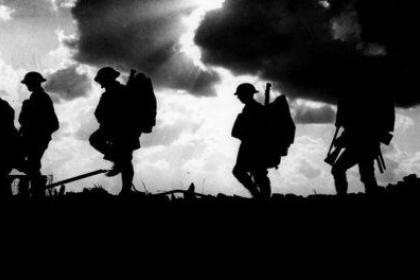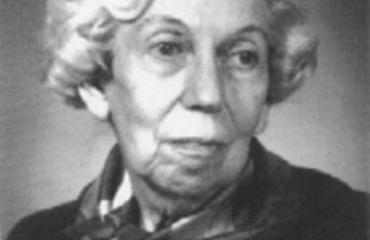
In the annals of poetry, the First World War is known for some of the most moving war poetry ever written. The soldier-poets of the First World War left a deep mark. These war poets were exemplified by Wilfred Owen (who perished a week before the end of the war), Siegfried Sassoon (fellow poet and mentor), and Charles Hamilton Sorley in whose kit was found, “When you see millions of the mouthless dead,” which posthumously became one of the most celebrated poems of this period.
New Technology of Mass Warfare Used for the First Time
Ten million soldiers died along with seven million civilians during World War I. The horror profoundly influenced those who were engaged in the war directly or indirectly. Poets expressed their feelings of loss and pain about brutalities they witnessed with the enduring power of powerfully moving and rich poetic verses.
Potent Mix of Patriotism, Disillusionment, and Educated Men
The soldiers in the trenches included many highly educated young men from civilian backgrounds, who mentally and emotionally experienced war differently. The ingredients of memorable British WW I poetry were a powerful combination of education, patriotism, and disillusionment with the experience. In this global conflict, powerful new weapons of war were used. Persistent firing for days on soldiers cowering and fighting from the trenches caused psychological trauma.
From Patriotism to Disillusionment
Rupert Brooke was the first war poet of note. His poem, “The Soldier,” captured the patriotism felt at the start of the war. But as the war dragged on, disillusionment marked the poetry of the poets who followed. Wilfred Owen and Siegfried Sassoon symbolized the pain of their generation.
The beauty and pathos of this poetry can be seen in the work of Wilfred Owen, regarded as one of the best war poets in the English language. He wrote from the heart and expressed his evolving psychological and physical experiences through the medium of poetic verse. His reputation rests on the poetry he wrote during a short period of 15 months.
Owen’s famous, “Dulce et Decorum Est.” described the horrors of a mustard gas attack. Owen was a devout Christian who wrote to his mother in 1917, a year before his death in 1918, “I am more and more a Christian.” He came to believe poignantly, “Suffer dishonour and disgrace, but never resort to arms.”
A commemorative stone inscribed with the names of 16 of the representative poets of the First World War was unveiled in Westminster Abbey on November 11, 1985. The quote inscribed on the stone was taken from a poem of the quintessential war poet of the era— Wilfred Owen. In Britain, poetry defined what people understood about the experience of the Great War as expressed by those who were on the front lines.



